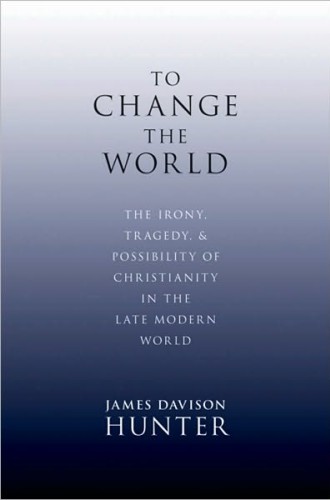Back to the mainline
If you had asked the pastor of the mainline
church I grew up in how his congregation was addressing public issues like
poverty, health or education, he would have pointed to a few church-sponsored
programs (like a child-care center and a Meals on Wheels program) but he would
also have named church members who were doctors, civil servants and public
school teachers. As he saw it, the church was making a powerful public witness
through the faithful presence of these Christians--doctors who went the extra
mile for their patients, government workers who were diligent and fair, and
teachers who had a special heart for the disadvantaged. The importance of
living out one's faith in one's vocation was a theme of virtually every sermon
I heard.
There was nothing special about my pastor's
perspective. He was expressing the mainline Protestant style of public witness
(with lots of parallels in the Catholic tradition). Call it a tradition of
civic engagement: Christians are called to work within their community and
within their secular jobs to make the world a bit more just, loving and
hopeful. We don't expect to transform the world, but we can offer the light of
Christ here and there.
That tradition has never gone away. It has always
been the dominant mode of public witness for mainliners. (See, for example,
Mark Chaves's account
of mainliners as "the quiet hand of God" [pdf].)






